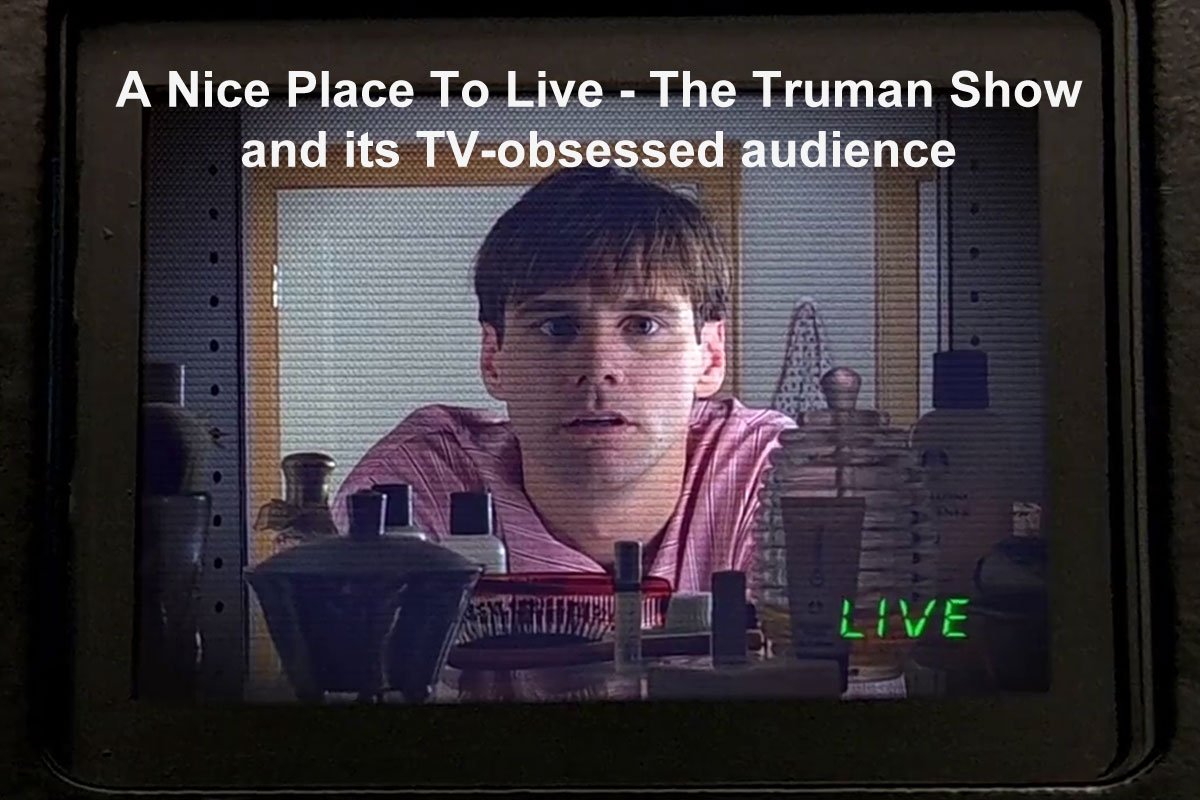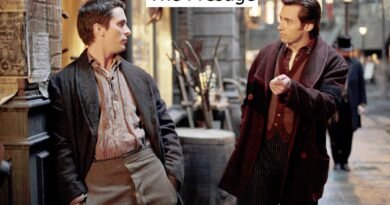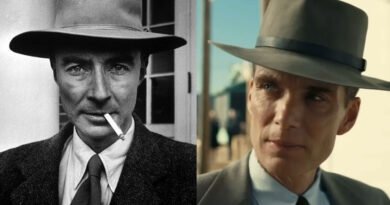A Nice Place To Live – The Truman Show and its TV-obsessed audience
In a blend of surrealism, social commentary, and romantic comedy, The Truman Show throws an acute satire on the media and its audience. Director Peter Weir and writer Andrew Niccole aim to show us the reality of the media by setting up the perfect but untrue world for Truman. The film, The Truman Show is a subjective reality show projecting the director, Christof’s (Ed Harris) perspective of the nice place. But, is everything that is nice, is true?
“Good morning, and in case I don’t see ya, good afternoon, good evening, and goodnight!”
While Truman tries to dig beneath the suspicious layer of his life, the audience enjoys the little wonders of the jigsaw puzzle that his life is. The catastrophic impact that the audience in the film has on Truman’s life is a reflection of the impact that the television-obsessed society had on celebrities, mainly actors, which continues to grow every day, especially with social media invading our lifestyles. In this Truman show film review, we are going to talk about a society so obsessed with television and about the boundaries humans can push. Along with this, we are also going to discuss the Hyperrealism Film Theory and how The Truman Show exemplifies that concept.
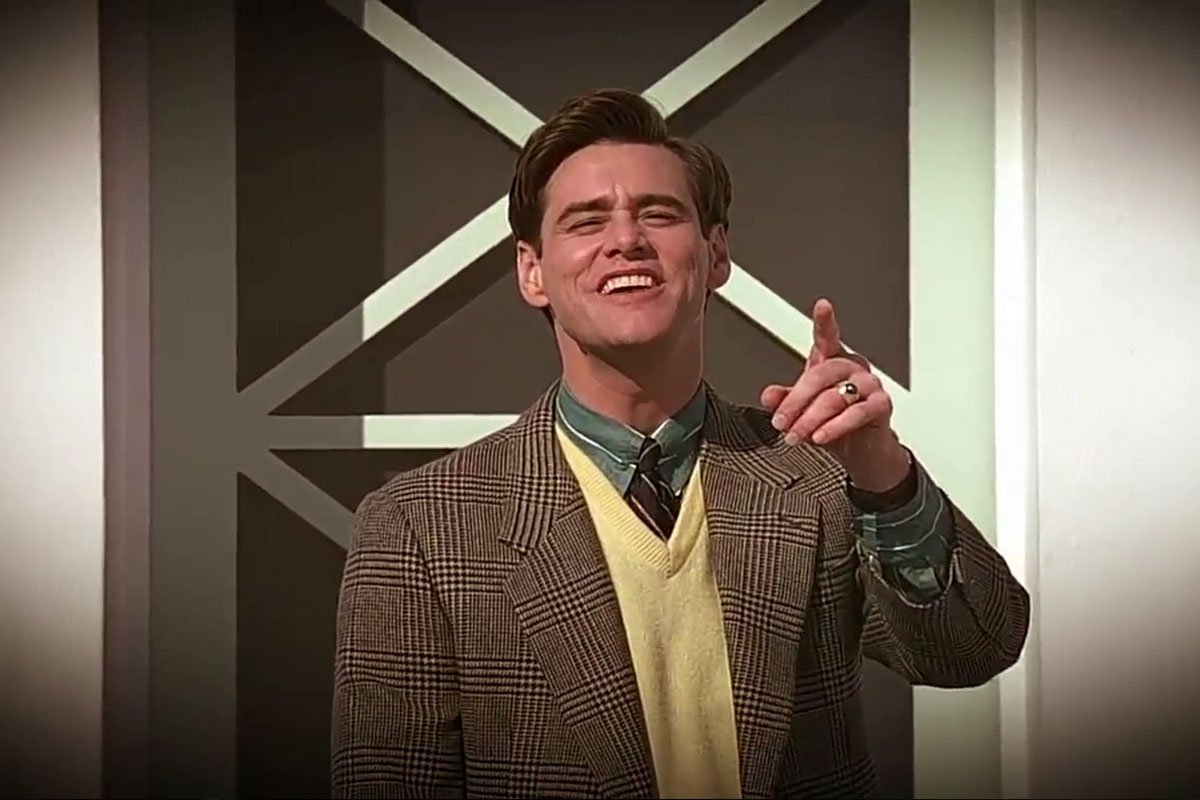
You Accept The World You’re Given
“We accept the reality of the world with which we’re presented. It’s as simple as that.”
The film begins with the show’s director telling his audience about Truman Burbank, the star of his show, and that nothing about him is fake. It is followed by the interviews of the other cast and crew members who tell how real and true the show is. Ironically, everything else in Truman’s life, besides Truman himself, is fake. As the film proceeds, it sinks in the audience that Truman’s entire life has been on camera without his knowledge about it. He wakes up every morning and leads his day completely unaware of the 5000 cameras and countless cast and crew members acting as his friends and family.
However, the loop breaks one day when, due to a technical glitch, Truman catches the radio following his every move. Suspicious, Truman begins to take control of the scene by doing absurd things to which no one objects, like standing in the middle of the road and putting the traffic at a halt or hitting someone on the road and so on. He suspects that everything is framed up the way it is and all that has something to do with the missing of his father. Gradually, he realizes that he is being watched, that everyone, including his wife, is involved in whatever it was, and that everything plays in a loop, right from the neighbours wishing him good morning, to every person he meets on the road, his office and even the random people on the road – they are all playing in a loop.
“Cue the sun!” – Hyperrealism and Cinema
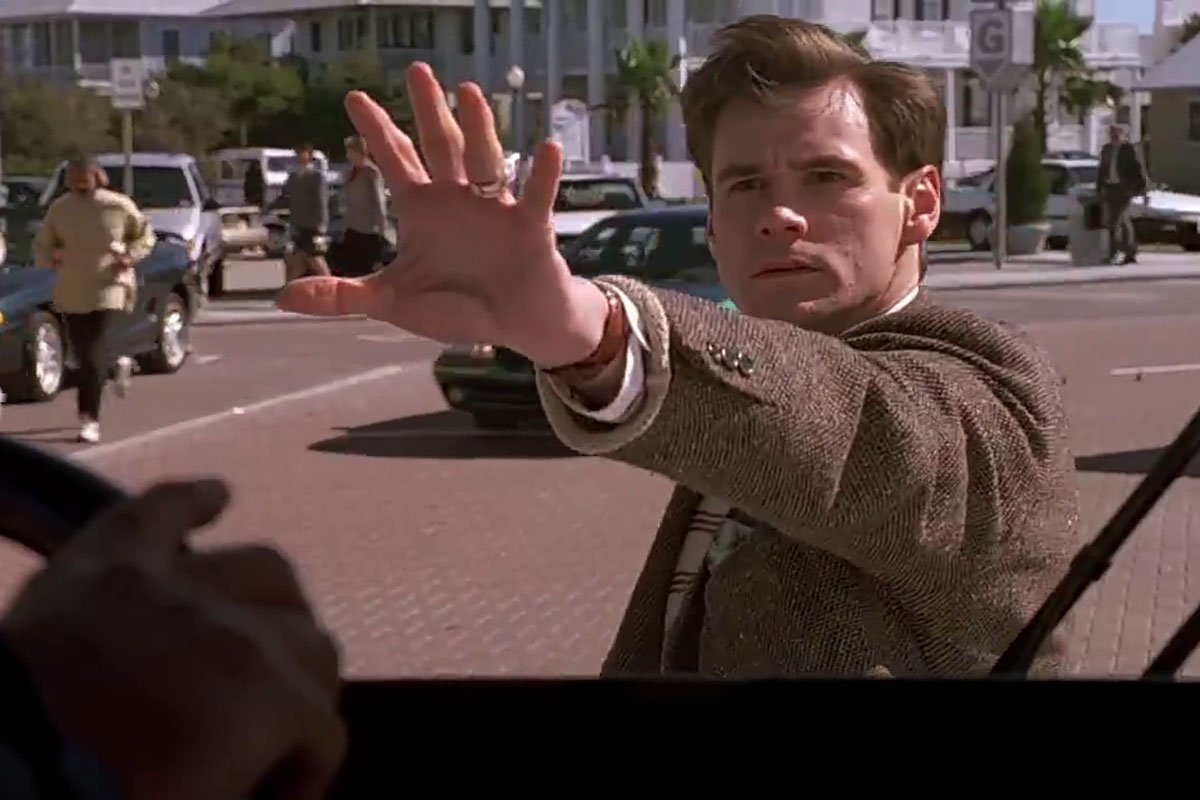
From a young age to adolescence to adulthood, every person has gone through a phase of hyperrealism. In plain terms, hyperrealism is something beyond reality. It is a state where reality is indistinguishable from fiction or dream or fantasy, of which cinema itself is a form. The concept of hyperrealism was seeded in the 1960s and 1970s but it created a buzz in the 1990s along with other themes that challenged the existing beliefs – like surrealism.
Hyperrealism in cinema works on the notion that the audience knows well enough the fact that what they are watching is a story written by someone, enacted by someone, and directed by someone else on multiple takes, yet they, willfully, suspend this belief and begin to not only believe but also get emotionally attached to the films. By the end of the film, viewers even begin to perceive themselves as one of the characters of the film.
The Truman Show, in this sense, is an embedded narrative where the manipulation of media is told through the media itself. Burbank Truman lives an honest life, only his life is imaginary. Since he was born on television, he cannot distinguish reality from the simulation of reality. He does not suspect his neighbours repeating the same lines every day. He doesn’t even suspect his wife when she answers his questions as an advertisement. Truman lives a life that dwells between reality and fake.
Human Error

You can’t get any further away before you start coming back.
Human beings are limited by their fears. The same is what Christof applies to keep Truman limited within the boundaries of the imaginary city of Seahaven. He fakes a terrible accident where Truman loses his father to instil in him the fear of water so that Truman should never think about moving out of Seahaven. But desires drive humans much faster, and that’s how Truman, so determined to move to Fiji, finally ditches the five thousand cameras, an entire city of the crew, and a country of an audience, faces his fear of water and sets to move to Fiji.
On the other hand, everything else goes fine until Truman’s father feels that his part was a little underplayed and he wanted his return. That’s when Truman begins to feel that there’s something fishy going around, following which he begins to suspect his whereabouts. Another event that raises questions in his mind is the inevitable tragedy that occurs – a technological glitch due to which Truman hears his actions on the radio. He tells his friend and his wife but neither pays any heed. He then begins to scrutinize his colleagues, his neighbours, and even random people on the road. And finally one day his wife screams for help. A small glitch here and a small error there finally bring the whole show down.
Talking about how tamed humans are by their need for entertainment, we see how engrossed the audience in the film is, putting everything on hold and watching the show. They are happy and sad depending on the events occurring in Truman’s life. Towards the end, they all want Truman to leave the fake world and walk into reality but all this while no one, except Sylvia, has thought of him living a fake life, they were too busy enjoying the show.
Shattered Life of Truman – A Brilliant Representation
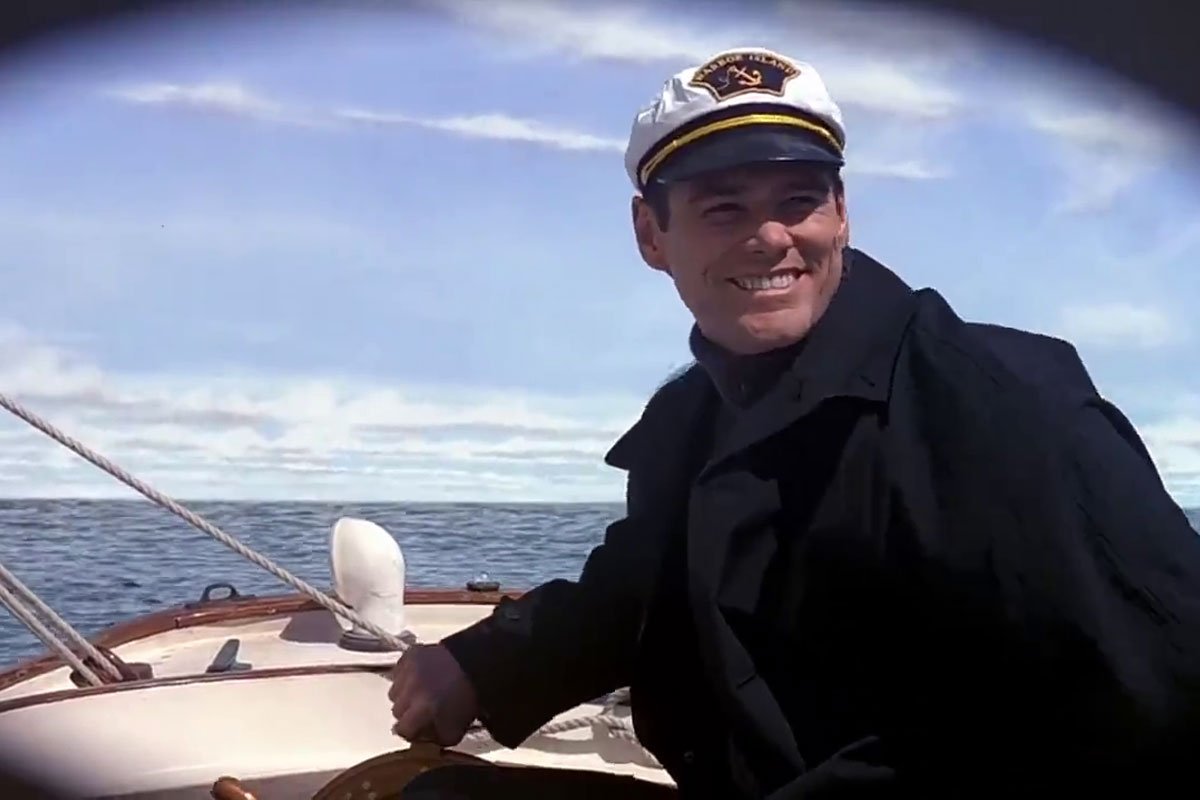
How often do we troll celebrities on social media? How often do we think of what difficulty might they face? While sharing memes with our friends, how often do we think about how the one being trolled might feel? The life of Truman is similar to that of influencers and celebrities these days. They don’t have a personal life, their secrets are laid before the audience to enjoy, make fun of, share and laugh.
The Truman Show, played by the excellent Jim Carrey, is a brilliantly framed film. While it shows the advancement in the technological sphere, it also indicates the glitches. While it shows the heights humans are reaching it also shows how low they can get. Being an experimental film, The Truman Show has received almost no negative reviews from viewers. The satire is on point without harming anybody. Being a twenty-three-year-old film, it has set an unbeatable benchmark till now. In my opinion, whether one is a film lover or not, The Truman Show is an excellent film to watch.
“There is no more truth out there than there is in this world I created for you. The same lies, the same deceit. But in my world, you have nothing to fear.”

